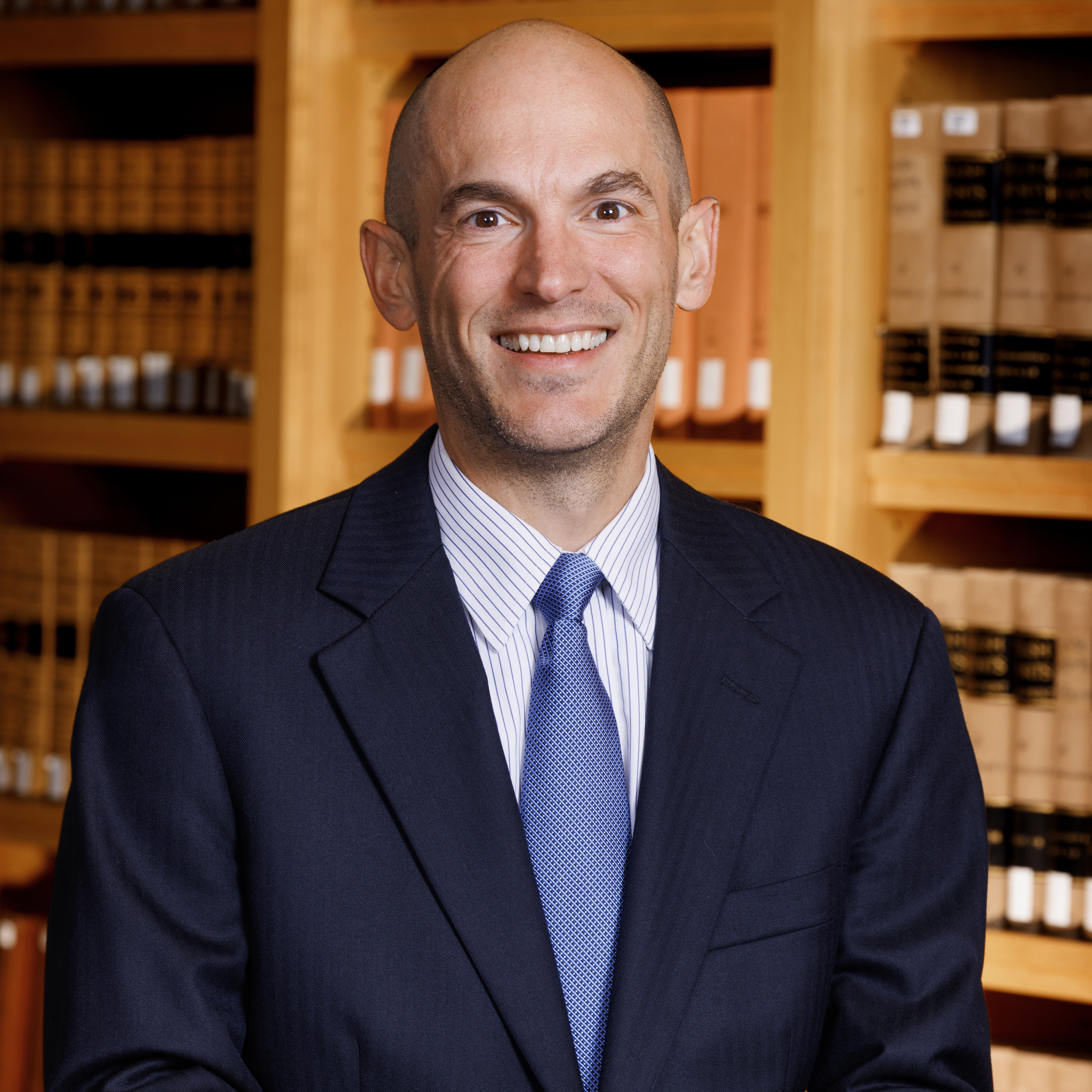
Biography
Courses
Business Assocations Law 632/G (4 cr hr)
An introduction to the law of business associations. This course examines the relationships among the various participants in business entities and, to a lesser extent, the relationships between business entities and outsiders.Corporate Finance Law 746/G (3 cr hr)
Introduction to the theories and applications of modern corporate finance. The course will explore a range of topics, including: valuation theories; the efficient capital market hypothesis; risk, return, the capital asset pricing model, and arbitrage pricing theory; investment and financing decisions; optimal capital structure; the role of classical finance theory in legal decisions; and option theory. Prerequisite: Business Associations or permission of instructor.Taxation - Individual Income Tax Law 637/G (4 cr hr)
Introduction to the structure and content of the federal income tax system, focusing primarily on taxation of individuals. Material covered includes the concept of income, deductions, income splitting, capital gains, and tax accounting. The course will attempt to give the student some technical proficiency in solving tax problems as well as an understanding of the tax policy decisions implicit in the technical rules.Taxation - State and Local Law 692/G (3 cr hr)
This course covers how state and local governments raise revenues and how the U.S. Constitution limits their choices. We will look specifically at how the evolution of interstate commerce (and specifically electronic commerce) has impacted state and local governments and how those governments are seeking new ways to finance themselves. We will also look at the structure of state income, sales, and property taxes. Students interested in public policy, state and local government, or issues of federalism will likely enjoy the class. Students need not have taken (or particularly enjoyed) any previous tax course to enroll or succeed in this course. Student grade is based on class participation and on one final examination.Corporate Tax Law 638/G (3 cr hr)
Advanced federal income tax focusing on income taxation of corporations and shareholders. Pre-requisite: Individual Income Tax
Articles
Tax Privacy?, Temp. L. Rev. (2018)
A Unifying Approach To Nexus Under The Dormant Commerce Clause, Mich. L. Rev. Online (2018)
Transacting in Data: Tax, Privacy, and the New Economy, 94 Denv. L. Rev. 145 (2016)
Testing the Models of Tax Compliance: The Use-Tax Experiment, Utah L. Rev. 1083 (2015)
Taxing Honesty, 118 W. Va. L. Rev. 147. (2016)
Comptroller v. Wynne and the Futile Search for Non-Discriminatory State Taxation, 67 Vand. L. Rev. En Banc 283 (2014)
The Tax Hangover: Trailing Nexus, 33 VA. Tax Rev. 497 (2014)
The Illusory Promise of Economic Nexus, 13 Fla. Tax Rev. 157 (2012)
The Fading Bright Line of Physical Presence: Did KFC Corporation v. Iowa Department of Revenue Give States the Secret Recipe for Repudiating Quill?, 100 Kentucky L.J. 339 (2012)
Beyond Treble Damages: Hanover Shoe and Direct Purchaser Suits after Comes v. Microsoft Corp., 90 Iowa L. Rev. 1649 (2005)
Books
Other
- Date: Tuesday, June 20, 2023
Media
Think Before Jettisoning Corporate Taxes, Professor Cautions States Bloomberg Tax (2023)
Banks' state income taxes could rise after physical presence standard rejected, S&P Global Market Intelligence (2018)
Enjoying those tax-free online purchases? Supreme Court could change that, StarTribune (2018)
State Plans to Mitigate Federal Tax Cap No Sure Thing Bloomberg Law (2018)
Family Planning/Abortion Hearing Draws Crowd; Internet Sales Tax Proposal Tweaked NET News (2018)
Justices Likely To Set New Tax Standard For Remote Vendors Law 360 (2018)
High Court Signals Interest In Hearing 2nd State Tax Case Law 360 (2018)
Other
Iowa Expands Renewable Fuel Incentives, Ethanol Producer Magazine, July 2011
Iowa Decision Upholds Tax Assessment Against Out-of-State Franchisor, Law Journal Newsletter's Franchising Business & Law Alert, February 2011
Iowa Tax Case Could Cost Nation’s Franchises, Franchising World, September 2010
IRS May Lengthen Depreciation Schedule for Ethanol Plants—But Relief is Possible, Ethanol Producer Magazine, December 2009
Education
- J.D., highest distinction, 2005, University of Iowa College of Law
- B.S., magna cum laude, 2002, Oklahoma State University
Areas of Expertise
Appointments
- Professor of Law, 2020
- Associate Professor of Law, 2017
- Assistant Professor of Law, 2012